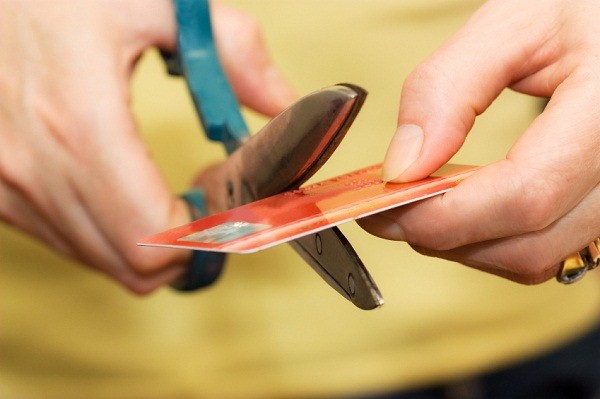Dealing with an unwanted credit card charge can be frustrating. Knowing how to dispute it correctly can save you money and protect your credit. This guide provides a step-by-step approach to effectively dispute a credit card charge, ensuring you get the resolution you deserve.
Understanding Your Rights
Before you begin the dispute process, it’s crucial to understand your rights. Most credit card companies have specific policies regarding charge disputes. These policies often outline timelines for filing a dispute and the documentation required. Review your credit card agreement and your card issuer’s dispute resolution procedures. This knowledge will empower you to navigate the process confidently and strategically. Familiarize yourself with the specific steps and requirements outlined in your cardholder agreement. Knowing the limitations and deadlines will help you act promptly and avoid potential complications. Don’t hesitate to contact your card issuer directly if you have any questions or are unsure about the process. This initial step of understanding your rights is paramount to a successful resolution.
Identifying the Problem Charge
Thoroughly investigate the charge you want to dispute. Take note of the date, amount, and description of the transaction. If possible, gather any supporting documentation that might help your case. This could include receipts, emails, or other evidence that proves you didn’t make the purchase. Accurately identifying the problem charge is essential for a well-founded dispute. Carefully examine the transaction details, including vendor names, dates, and amounts. If you have any doubts about the transaction, it’s crucial to gather all available information to back up your claim. A clear understanding of the charge in question is the cornerstone of a successful dispute.
Contacting Your Credit Card Company
Once you’ve identified the charge and gathered supporting documentation, it’s time to contact your credit card company. You can typically do this by phone, mail, or online through your account portal. Explain the reason for the dispute clearly and concisely, providing all relevant details and supporting documents. Be polite and professional throughout the interaction. Document every step of the process, including the date, time, and names of any representatives you speak with. This record-keeping is crucial if you need to escalate the issue later. A clear and concise explanation, supported by evidence, is key to getting your point across effectively.
Providing Necessary Documentation
Be prepared to provide supporting documentation to substantiate your dispute. This could include receipts, emails, or other evidence that proves you didn’t make the purchase. For example, if you suspect a fraudulent charge, provide any information that supports your claim of fraud. If you’ve received a bill for an item you didn’t order, provide documentation of the order. Thoroughly gathering and presenting this evidence is critical to the success of your dispute. Ensure your documentation is organized and easily accessible for review by the credit card company. A well-prepared case with sufficient documentation significantly strengthens your position.
Following Up and Resolving the Issue
After submitting your dispute, monitor the process closely. Follow up with the credit card company if you don’t receive a response within the specified timeframe. Be persistent but polite. If the issue isn’t resolved to your satisfaction, consider escalating the matter to a supervisor or appealing the decision. Be prepared to provide further information or documentation if needed. This may involve a back-and-forth dialogue with the card company. Staying informed and persistent throughout the process is crucial to ensure a positive outcome.
Protecting Yourself in the Future
Once the dispute is resolved, review your credit card statement carefully to avoid similar issues in the future. Ensure you’re aware of all charges and transactions. If you have any concerns about a transaction, immediately contact your credit card company. Implementing these measures can help prevent future problems and maintain a positive financial relationship with your card issuer. Regularly reviewing your credit card statements and promptly addressing any discrepancies will help you maintain control over your finances.
Conclusion
Disputing a credit card charge can be a complex process, but understanding your rights and following a structured approach can significantly increase your chances of success. By gathering evidence, clearly communicating your concerns, and following up diligently, you can resolve the issue and protect your financial well-being. Remember, knowledge and proactive action are key to successfully navigating credit card disputes.















Comments